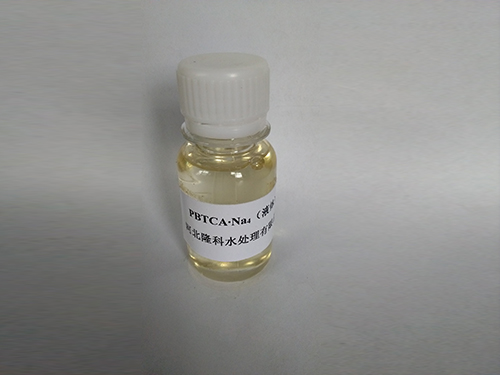flocculation chemicals
Understanding Flocculation Chemicals Their Importance and Applications
Flocculation is an essential process in various fields, particularly in water treatment, wastewater management, and even in industries such as food production and pharmaceuticals. The use of flocculation chemicals plays a crucial role in enhancing the efficiency of this process. In this article, we will explore what flocculation is, the types of flocculation chemicals commonly used, their mechanisms of action, and their diverse applications.
What is Flocculation?
Flocculation is a process where fine particulates are agglomerated into a floc, which can then be removed from liquids. This process is particularly important in water treatment, as it helps to remove suspended solids, organic matter, and other contaminants. By allowing these fine particles to clump together, flocculation makes it easier to separate them from water through sedimentation or filtration.
Types of Flocculation Chemicals
Flocculation chemicals can be categorized into several types based on their chemical composition and mode of action
1. Coagulants These are typically inorganic salts such as aluminum sulfate (alum) or ferric chloride. Coagulants are used to destabilize the fine particles suspended in the water, allowing them to clump together to form larger aggregates.
2. Polyelectrolytes These organic polymers have charged functional groups that help to enhance the flocculation process. They can be anionic, cationic, or non-ionic and are often used in conjunction with coagulants for improved performance.
3. Natural Flocculants Derived from natural sources, these biodegradable options include substances like chitosan, alginates, and certain plant extracts. They are gaining popularity due to their environmentally friendly properties.
4. Synthetic Flocculants These are man-made polymers designed to optimize flocculation. They are highly effective in binding fine particles and can be tailored for specific applications.
Mechanisms of Action
The mechanism by which flocculation chemicals work primarily involves charge neutralization, adsorption, and bridging. When coagulants, such as alum, are added to water, they dissociate to produce positively charged ions. These ions neutralize the negative charges on the suspended particles, which reduces their electrostatic repulsion and facilitates aggregation.
flocculation chemicals

Polyelectrolytes enhance this process by providing additional binding sites. They can adsorb onto the surface of particles, creating a network that captures more particles, thereby forming larger flocs. The efficiency of flocculation can depend on various factors, including the concentration of chemicals used, pH, temperature, and mixing intensity.
Applications of Flocculation Chemicals
The applications of flocculation chemicals are vast and varied, impacting numerous industries
1. Water Treatment The primary application of flocculation chemicals is in municipal and industrial water treatment plants. They help clarify drinking water by removing turbidity and harmful contaminants, making the water safe for consumption.
2. Wastewater Treatment In wastewater treatment, flocculation chemicals play a significant role in the removal of suspended solids, oils, and organic matter. This helps in achieving the necessary effluent quality before discharge or further treatment.
3. Mining and Mineral Processing Flocculation aids in the separation of valuable minerals from ore during processing. It helps to concentrate the minerals and generate cleaner effluent.
4. Food Industry In food processing, flocculation is used in various stages, such as juice clarification, where it helps to remove pulp and other turbidity agents to produce a clear product.
5. Pharmaceuticals Flocculation is also applied in the pharmaceutical industry for the clarification of various solutions and the removal of impurities, ensuring high-quality products.
6. Paper Manufacturing In the paper industry, flocculation chemicals are used to improve the efficiency of the pulping process and enhance drainage during sheet formation.
Conclusion
Flocculation chemicals are vital in ensuring the efficiency and effectiveness of various industrial processes. Their ability to enhance the removal of fine particles contributes to cleaner water, improved product quality, and more efficient operations across multiple sectors. As we continue to face environmental challenges, the development and application of effective flocculation techniques will remain a priority for industries striving towards sustainability and compliance with regulatory standards.
-
Pbtc Scale InhibitorPBTC: A Scale Protector for Industrial Water TreatmentNewsAug.05,2025
-
Organic Phosphonate: An Efficient Defender in the Field of Scale InhibitionNewsAug.05,2025
-
Hydrolyzed Polymaleic Anhydride: Green Pioneer in Scale Inhibition FieldNewsAug.05,2025
-
PAPEMP Polyamino Polyether Methylene Phosphonic Acid For SaleNewsAug.05,2025
-
Flocculant Water Treatment: A Pioneer in Purification in the Field of Water TreatmentNewsAug.05,2025
-
Benzyl Isothiazolinone: An Efficient and Broad-Spectrum Antibacterial Protective GuardNewsAug.05,2025





